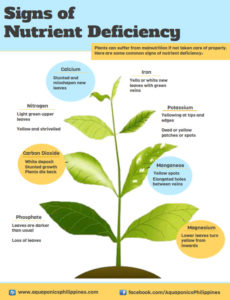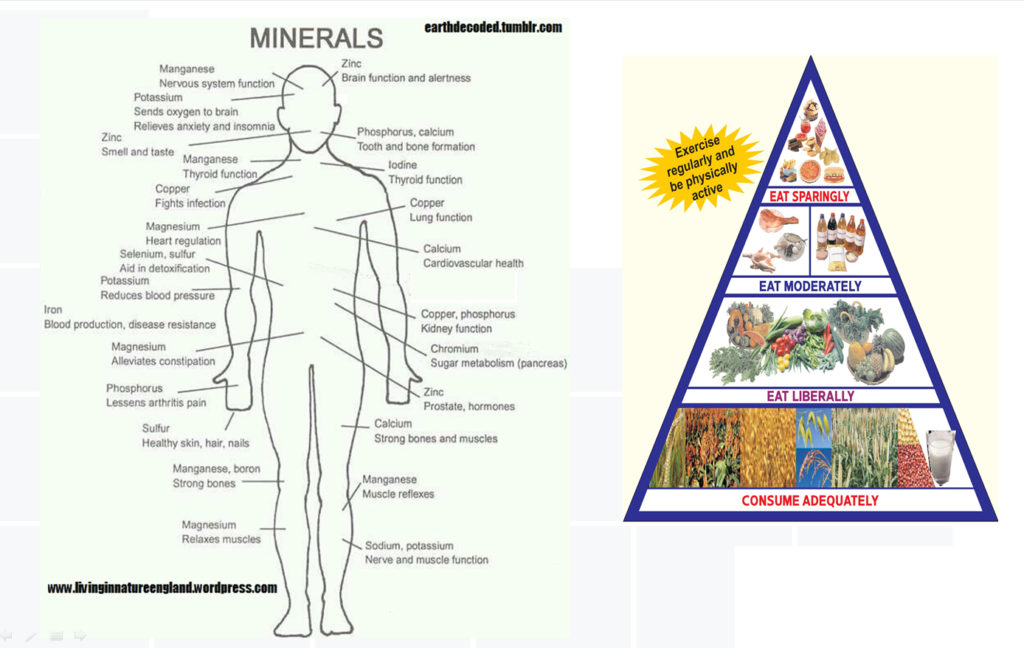Smartkitchen Garden deploys an integrated nutrient management to ensure that all the essential macro and micro nutrients reach the plant and that organic manure which contains microorganisms is available to the plant.
For this we need to understand what plant nutrition and why its important to replenish the deficiency of the essential nutrients.
 Plant nutrition is the study of the chemical and compounds necessary for plant growth, plant metabolism and their external supply.
Plant nutrition is the study of the chemical and compounds necessary for plant growth, plant metabolism and their external supply.
This is in accordance with Justus von Liebig’s law of the minimum.even if all the nutrients reach the plant the deficiency of just one is enough to stunt its growth. The essential plant nutrients include carbon, oxygen and hydrogen which are absorbed from the air, whereas other nutrients including nitrogen are typically obtained from the soil (exceptions include some parasitic or carnivorous plants).
There are 17 most important nutrients for plants. Plants must obtain the following mineral nutrients from their growing medium:[2]
- the macronutrients: nitrogen (N), phosphorus (P), potassium (K), calcium (Ca), sulfur (S), magnesium (Mg), carbon (C), oxygen(O), hydrogen (H)
- the micronutrients (or trace minerals): iron (Fe), boron (B), chlorine (Cl), manganese (Mn), zinc (Zn), copper (Cu), molybdenum (Mo), nickel (Ni)
These elements stay beneath soil as salt. So plants consume these elements as ion. The macronutrients are consumed in larger quantities; hydrogen, oxygen, nitrogen and carbon contribute to over 95% of a plants’ entire biomass on a dry matter weight basis. Micronutrients are present in plant tissue in quantities measured in parts per million, ranging from 0.1[3] to 200 ppm, or less than 0.02% dry weight.[4]
Most soil conditions across the world can provide plants adapted to that climate and soil with sufficient nutrition for a complete life cycle, without the addition of nutrients as fertilizer. However, if the soil is cropped it is necessary to artificially modify soil fertility through the addition of fertilizer to promote vigorous growth and increase or sustain yield. This is done because, even with adequate water and light, nutrient deficiency can limit growth and crop yield.
Integrated plant nutrition management ensures that the right scientific technology is deployed to understand deficiencies of the soil and supplies it in chemical form. The organic requirements of the plant is adhered to and the safest forms of pest preventives is also deployed. Thus ensuring that the yield of the smart kitchen is considerable yet ensuring that its safe for consumption.

